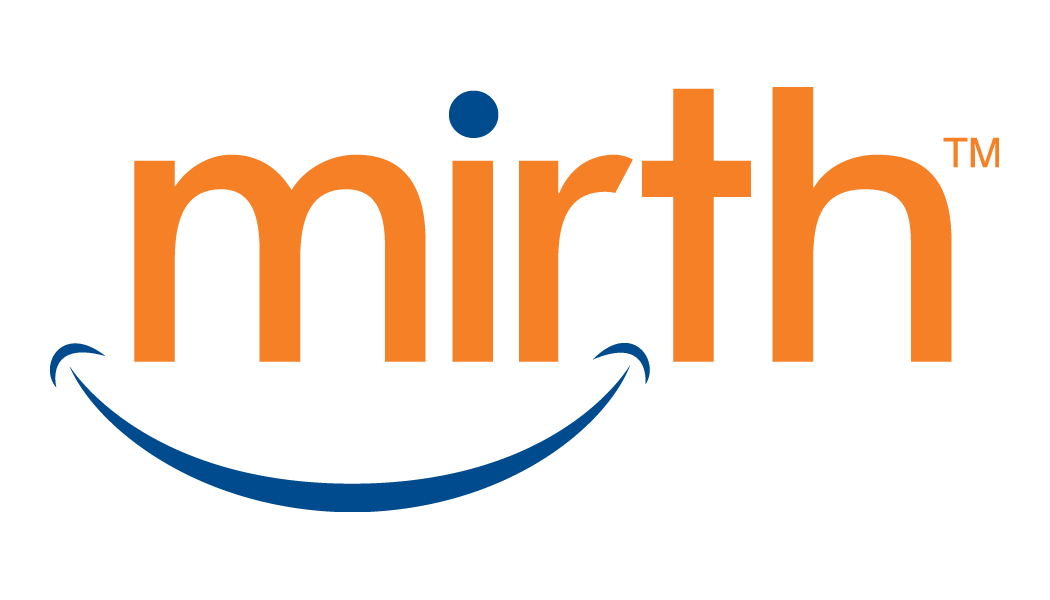Streamline Data Persistence with Hibernate in Your Java Applications
At Santeware, we’re committed to empowering businesses with robust and efficient Java applications. A critical aspect of these applications is data persistence – the ability to store and retrieve data reliably. In this post, we’ll delve into the power of Hibernate, a popular Object-Relational Mapper (ORM) that simplifies data persistence in Java development.
What is Hibernate?
- Increased Developer Productivity: Hibernate handles the complexities of SQL statements, connection management, and result set manipulation – freeing developers to focus on core application logic.
- Improved Code Readability and Maintainability: By mapping Java objects to database tables, code becomes more intuitive and easier to understand for future maintenance.
- Reduced Errors: Hibernate's built-in validation and error handling mechanisms help prevent common data access errors.
- Platform Independence: Hibernate works seamlessly with various relational databases, providing flexibility in your database choice.
Benefits for Santeware Clients
- Faster Development Lifecycles: Development teams can achieve faster turnaround times thanks to Hibernate’s streamlined data persistence layer.
- Reduced Maintenance Costs: With cleaner, more robust code, application maintenance becomes less time-consuming and resource-intensive.
- Enhanced Scalability: Hibernate’s object-oriented approach facilitates easier scaling of your application as data volumes grow.
- Improved Database Agnosticism: Switching databases in the future becomes less complex with Hibernate’s abstraction layer.
Conclusion
Hibernate is a valuable tool for any Java developer working with relational databases. By leveraging its capabilities, you can build robust, scalable, and maintainable data-driven applications. At Santeware Solutions, we’re well-versed in Hibernate and its integration with Java development. If you’re seeking to streamline your data persistence layer, get in touch with our expert team to discuss your project requirements.
Additional Considerations
- Hibernate Alternatives: Briefly mention other ORMs like JPA (Java Persistence API) to provide context and highlight Hibernate’s unique strengths.
- Security: Emphasize the importance of secure coding practices when working with Hibernate and databases.
- Case Studies: If applicable, include brief case studies showcasing successful Hibernate implementations in past projects.
By incorporating these enhancements, you can create a comprehensive and informative blog post that positions Santeware as a leader in leveraging Hibernate for streamlined Java development.





















